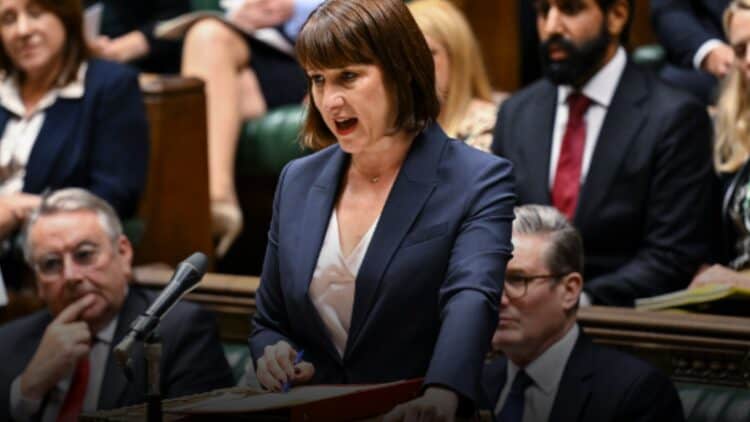Chancellor Rachel Reeves‘s decision to cut winter fuel payments for millions of pensioners this winter could disproportionately impact those living below the poverty line, according to a new study by consultancy firm Lane Clark & Peacock (LCP). The move, intended to address a £22 billion deficit in the nation’s finances, has sparked concern among pensioner advocacy groups and financial experts alike.
LCP’s analysis focuses on the 1.9 million pensioners identified by the Department for Work and Pensions (DWP) as living on less than 60% of the national average income—a benchmark commonly used to define poverty. Of these, only 300,000 are receiving Pension Credit and will therefore retain their Winter Fuel Payments. The remaining 1.6 million, who do not receive Pension Credit, stand to lose this crucial support.
The study proposes several strategies to mitigate the impact on the poorest pensioners. One suggestion is to restrict payments to households in Council Tax bands A-D, echoing measures used for certain ‘cost of living’ payments in 2022. Another option is to target the payments at older pensioners, particularly those aged 80 and above, who are more likely to spend extended periods at home.
Steve Webb, a partner at LCP, emphasized the challenges of the current approach: “There is a range of ways in which the government could target spending on Winter Fuel Payments, but our analysis shows that limiting payments only to those on Pension Credit will leave the vast majority of pensioners below the poverty line losing out.”
Webb suggests that targeting Winter Fuel Payments to those in lower-value properties could protect most poorer pensioners while reducing the financial savings for the Chancellor’s office. He also noted that taxing these payments would generate less revenue than planned by the government and could prove administratively complex.
The changes to Winter Fuel Payments are part of broader austerity measures introduced by Reeves, who in a July statement to the Commons, described the cuts as “difficult” but “necessary and urgent” decisions required to restore economic stability.
This policy shift has come under further scrutiny as it was revealed that pensioners would need to navigate a 22-page form with 243 questions to claim winter fuel payments. Critics, including Joanna Elson CBE, chief executive at Independent Age, argue that the complexity and length of the form deter many elderly from claiming Pension Credit, a vital support mechanism.
As the government moves forward with these changes, the debate continues over the balance between fiscal responsibility and the protection of vulnerable groups, particularly during the colder months when heating costs can be prohibitively expensive for those on fixed incomes.
Related: Outcry in commons as Starmer defends winter fuel payment cuts







